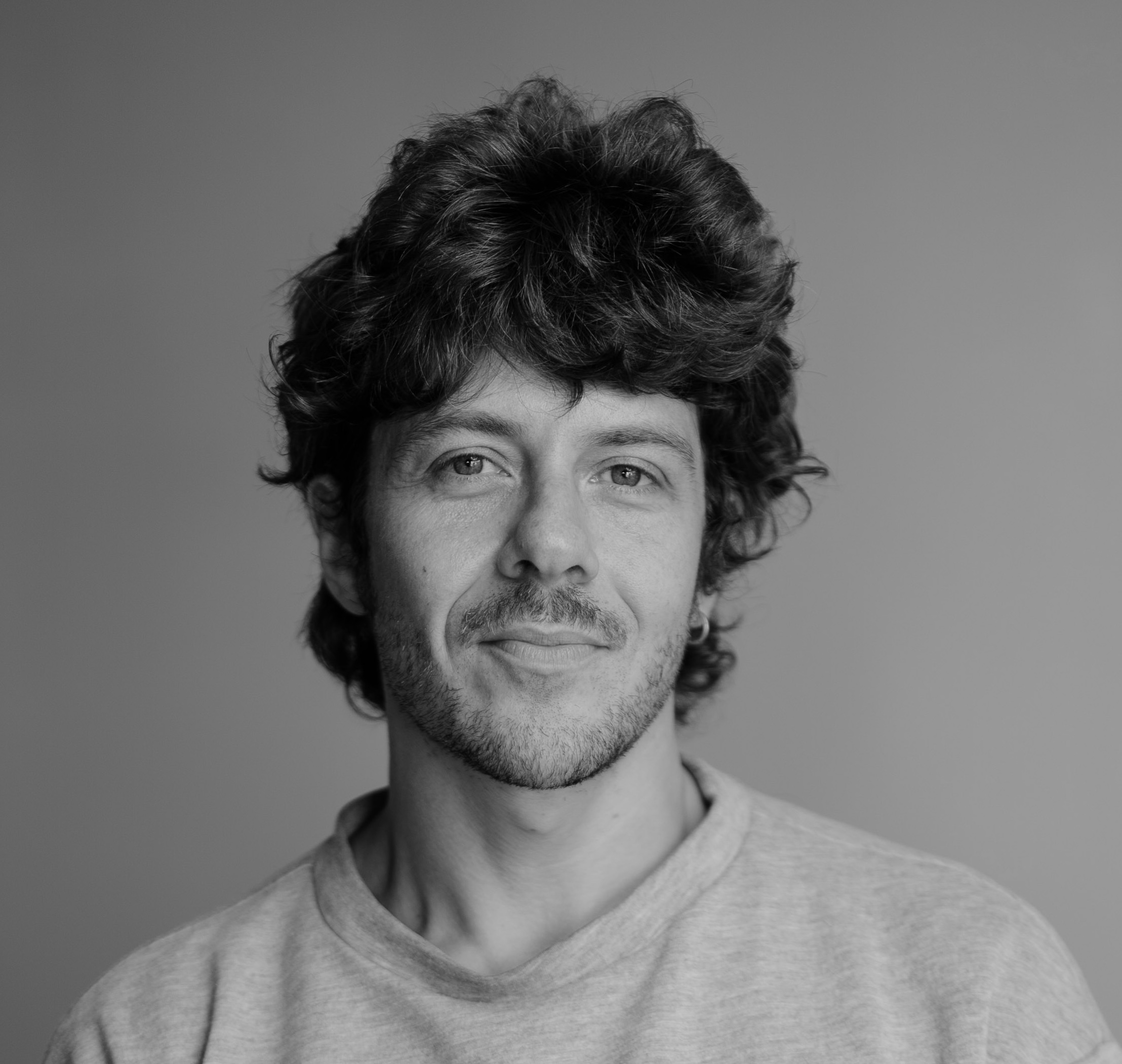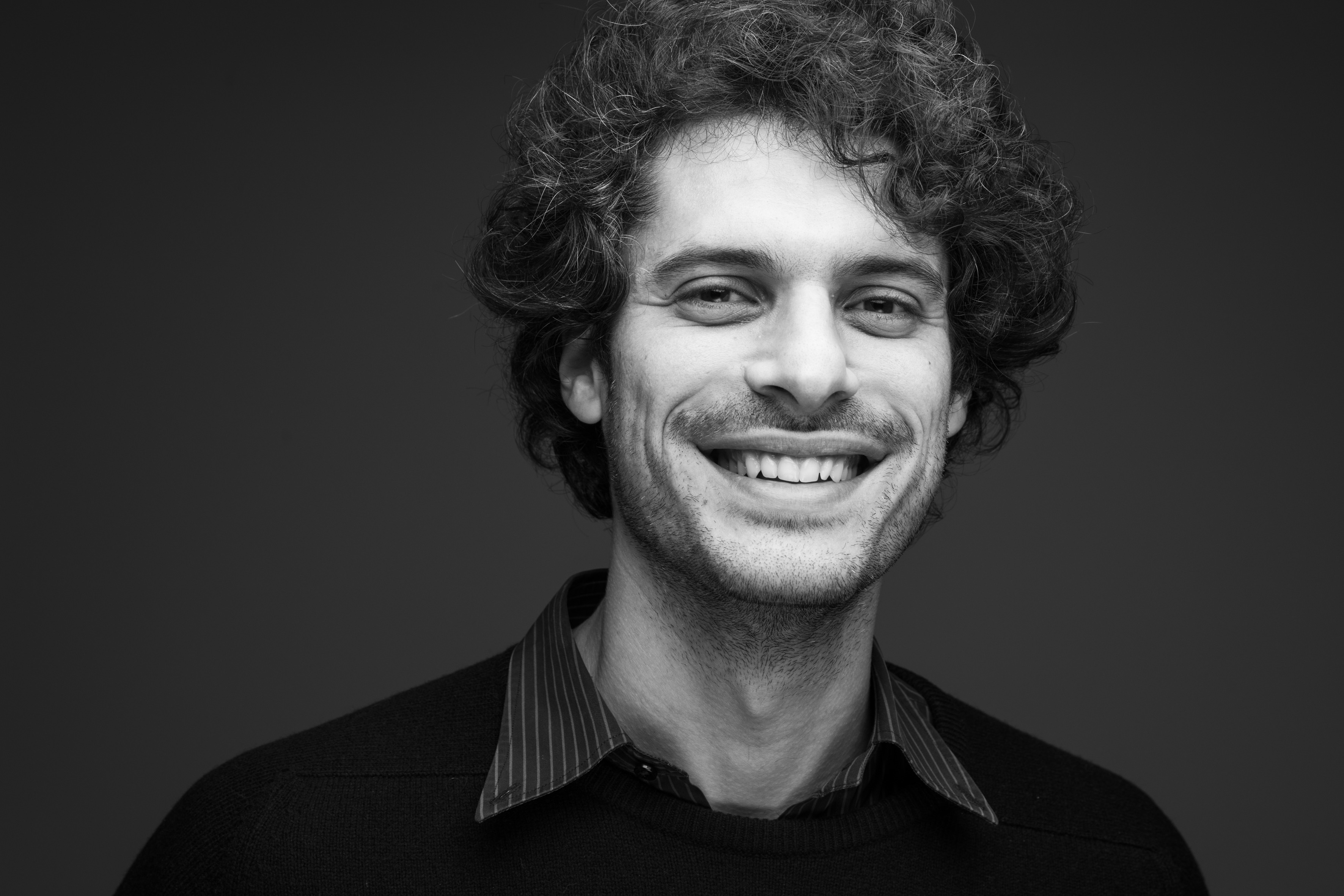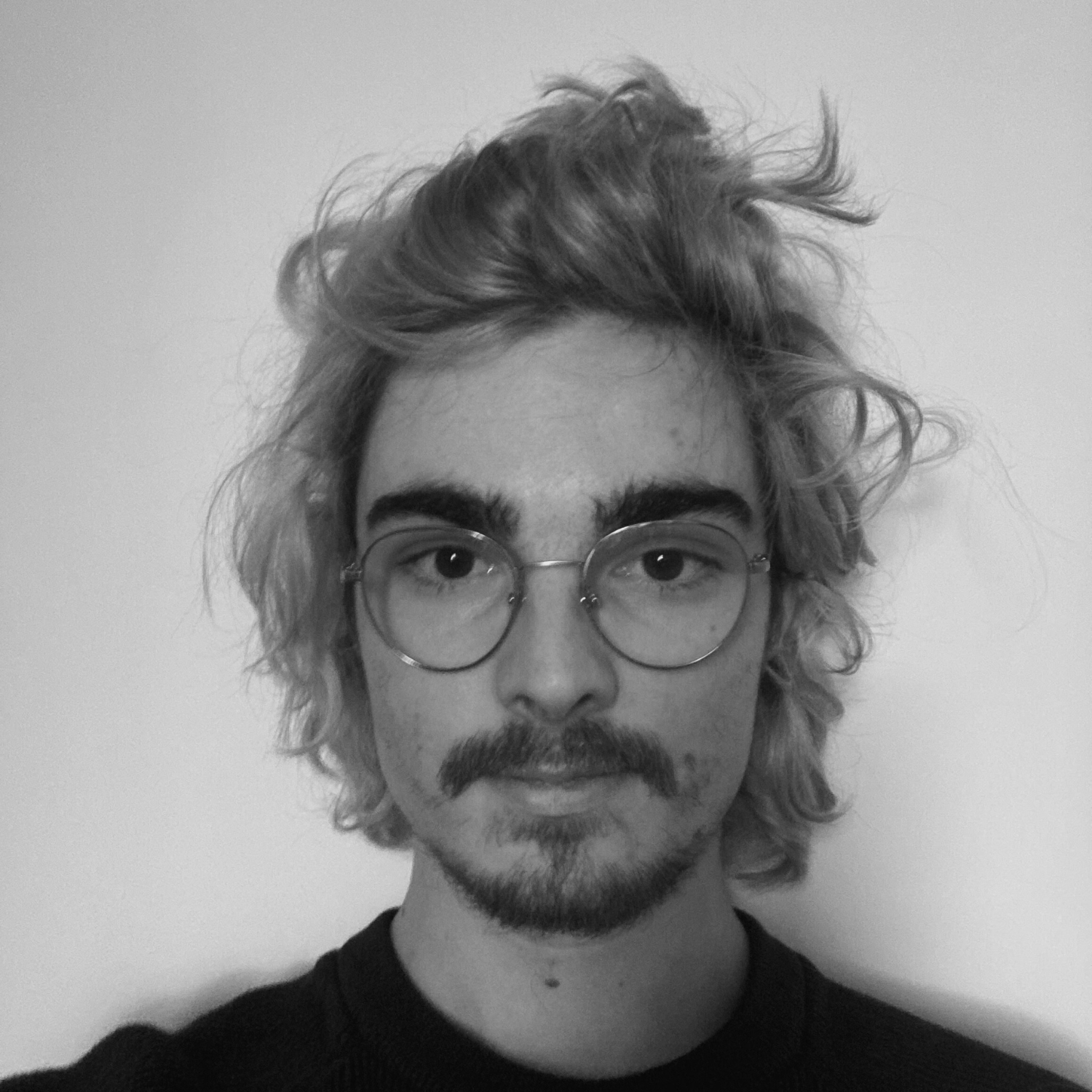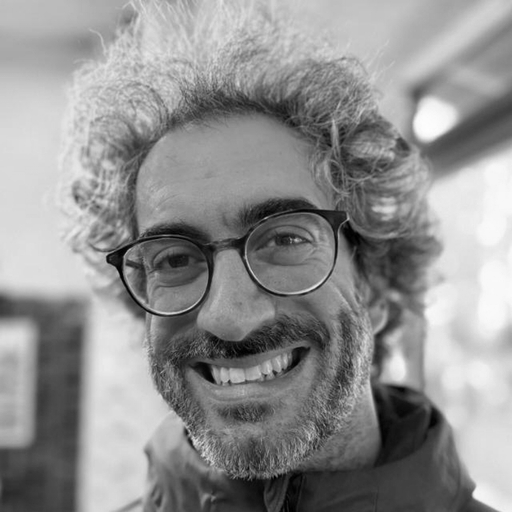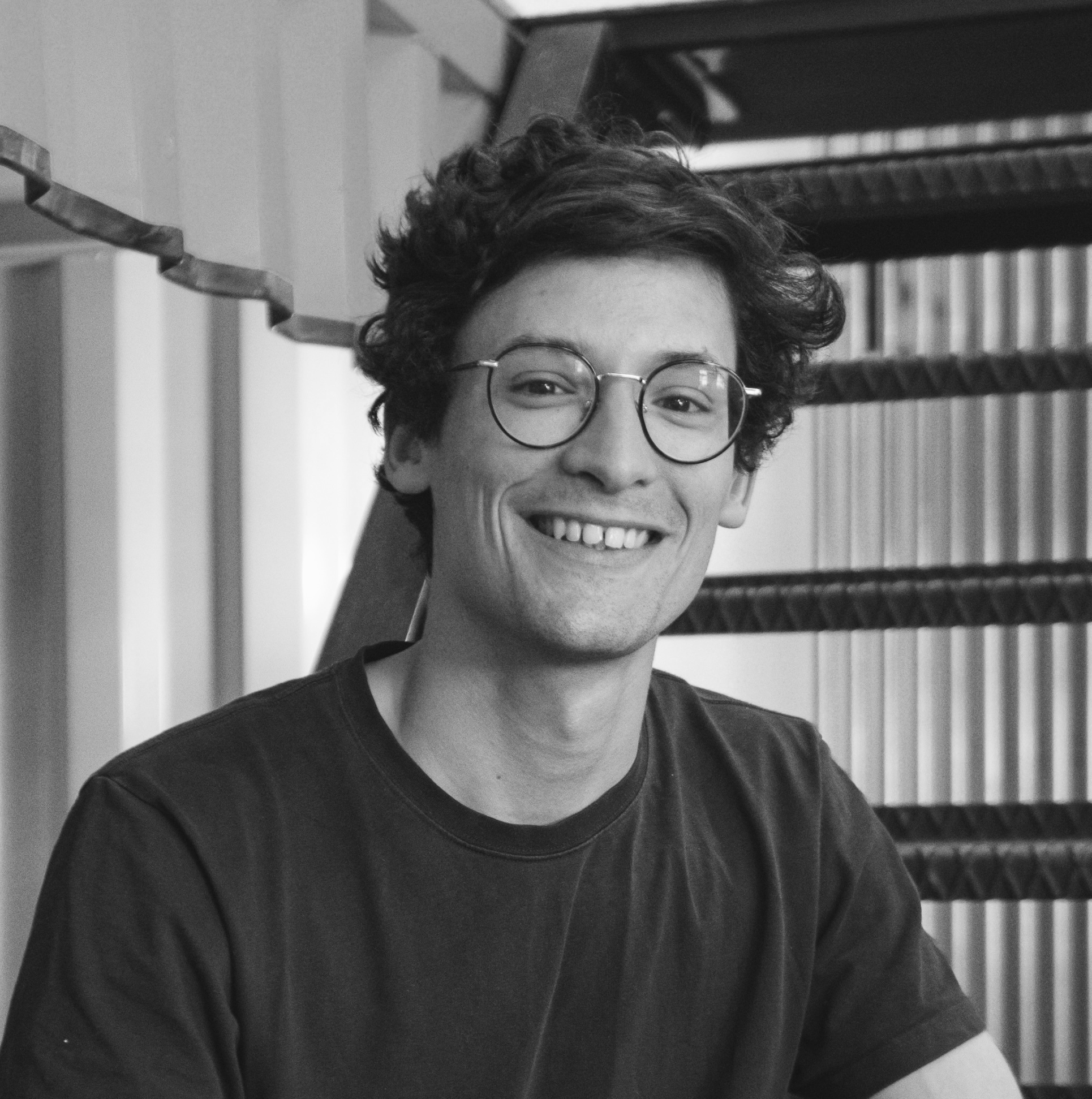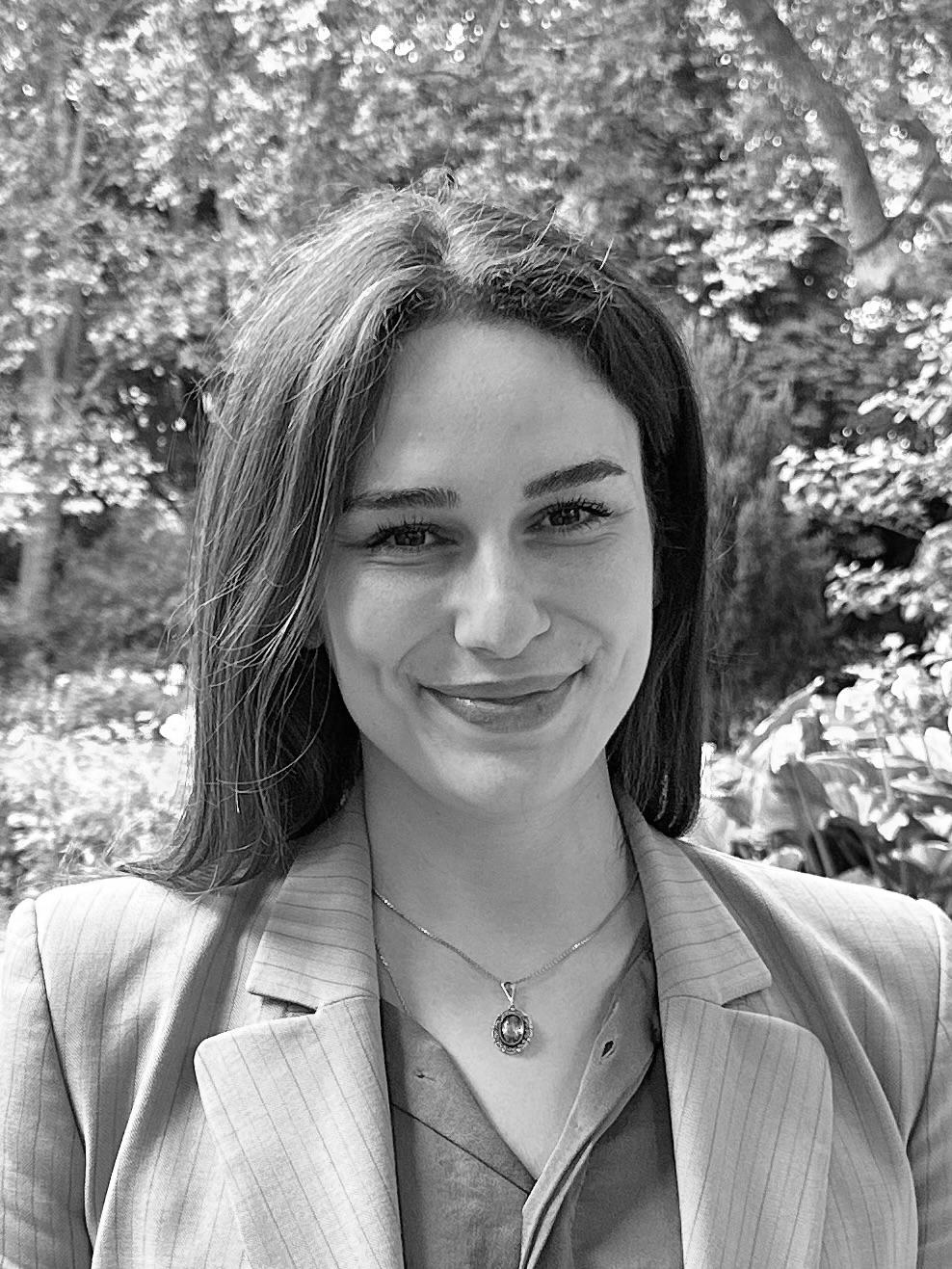The trusted number
to verify facts
A single (free) number to counter disinformation and
ease public debate.

Ask a question by phone or Whatsapp

Add Vera to your contacts

Call Vera
by phone

Text Vera
on Whatsapp
What questions can I ask Vera?
"A colleague told me that the floods in Spain are caused by cloud seeding. Is that true?”
“Is it true that COVID-19 vaccines cause turbo-cancers?”
“Did Zelensky buy Hitler’s Mercedes? Is that true?”
"I read that Elon Musk is working on a secret hypersonic military aircraft project."
“Is it true that thousands of scientists are exposing climate change as a hoax?”
"The U.S. government is planning to ban gas stoves nationwide."
Vera is connected in real-timeto 500+ fact-checking sites













150+ fact-checking sites
350+ reliable media outlets
We are the NGO LaReponse.Tech
LaReponse.tech is a volunteer-driven collective of tech professionals dedicated to leveraging technology for the common good. Our team has extensive experience in building impactful digital services that address major societal challenges, including combating disinformation, protecting democracy, and promoting environmental and social justice. Our conviction is that technology, when applied responsibly, can drive large-scale positive change and contribute to a more informed and engaged society.
The team behind Vera
Creators of numerous public-interest digital services
Our experts committee
Helps us evaluate the relevance of Vera’s responses and measure its impact.
Frequently Asked Questions
Vera guarantees the use of reliable sources through a strict process. It relies on tools connected to more than 300 recognized sources, including rigorous fact-checking websites and reputable media outlets. A committee of experts regularly evaluates this list to ensure it meets neutrality and accuracy criteria.
Additionally, we collect user feedback through a dedicated form. If you believe a source is unreliable, you can report it to us, and we will investigate to ensure the quality of our service.
Vera is primarily funded by the NGO LaReponse.tech and the volunteer work of its collective. We have recently received two external grants:
- a €10,000 grant from Canal France International (CFI), a French public agency committed to freedom of expression, press freedom, and media independence. This funding supports the deployment of Vera in French-speaking Africa, covering part of the costs related to its use and distribution;
- a €10,000 grant from the Sept Ans Foundation, which supports initiatives that foster critical thinking and help fight against screen-related addictions.
The NGO LaReponse.tech retains full independence regarding Vera’s direction and the choice of sources used.
No, Vera has no political affiliations. Its mission is to provide verified facts, relying primarily on fact-checking sites known for their neutrality and accuracy. These sites focus solely on verifying information without bias or judgment.
The selected reference publications and media do not all share the same editorial stance, which is beneficial. However, we ensure that Vera’s responses remain balanced by including a variety of sources.
If you need a different perspective, Vera can suggest other sources to broaden your understanding of a topic. (That said, it’s a bit of a false promise—you can’t ask Vera to provide a left-wing or right-wing, pro-business, or anti-business perspective.)
Great question - thanks for asking! Vera generates around 1.8 g of CO₂ per fact-check, which is less than Google (~2.6 g for a search plus reading a few sites) or ChatGPT (~4.3 g). This is possible because Vera doesn’t load full web pages and keeps its answers short and to the point.
Is it worth it? Disinformation has been ranked as the greatest global threat two years in a row (WEF 2024 & 2025). 35% of people in France are climate skeptics (ADEME), and climate misinformation accounts for 11% of all false information online (EDMO, 2024). It’s impossible to take collective action if we don’t agree on the facts.
Vera’s environmental footprint is something we take seriously. Many studies highlight the outsized impact of AI technologies on the environment — from energy to water and material use. Still, we believe the urgency of fighting disinformation outweighs this impact. By helping people access reliable facts and support healthy public debate, Vera aims for a net-positive effect on society. We’re committed to staying vigilant and doing everything we can to keep our footprint low.
The first specialized fact-checking websites emerged in the United States in 2003 and in France in 2008. Today, they exist in nearly 100 countries. Some are affiliated with media outlets (e.g., Les Décodeurs at Le Monde, CheckNews at Libération, Les Observateurs at France 24, Désintox at 20 Minutes), with news agencies (such as Factuel at AFP), while others operate independently as associations (Les Surligneurs, ScienceFeedback).
A global fact-checking ecosystem has gradually developed, with the International Fact-Checking Network (IFCN) and the European Fact-Checking Standards Network (EFCSN). Both organizations have established guidelines and codes of conduct to ensure methodology and independence.
Vera relies on resources produced by these actors, who generally adhere to the IFCN and EFCSN charters. For instance, the EFCSN code requires its members to be editorially independent, to avoid endorsing or advising the public on political candidates or parties, and to refrain from any agreements or partnerships that might compromise their independence and impartiality. It also states that investigations should not be unfairly focused on any particular party or political side and that conflicts of interest must be explicitly disclosed.
Short answer: YES on whatsapp
- Via WhatsApp: 100% free
- Via phone: It is a standard French landline number (09, non-premium). Additional charges may apply if you are calling from outside France.
Vera is a free service accessible via phone or WhatsApp, designed to verify facts in real-time. Powered by artificial intelligence (GPT-4), Vera consults over 300 reliable sources, including specialized fact-checking websites and reputable media outlets.
Through real-time research, Vera provides answers that we strive to make clear and well-sourced, always based on the latest verified information.
While Vera always strives to provide accurate and verified responses using a carefully selected range of reliable sources, like any tool, it is not infallible. Occasionally, a response may be approximate, incomplete, or contain an error.
That’s why we encourage users to provide feedback. Reports from users help us continuously improve Vera and ensure the quality of the information it provides.
Vera and ChatGPT are very different. ChatGPT is a general-purpose AI that can answer a wide range of questions but was not specifically designed for fact-checking. In contrast, Vera is entirely dedicated to fact verification, relying on a network of over 300 reliable sources, including fact-checking specialists and reference media outlets, whether generalist or specialized.
Vera never guesses. If a piece of information cannot be verified—meaning it has not been processed, confirmed, or denied by one of its sources—Vera will explicitly indicate this, rather than risk misleading you. Its goal is to provide clear and reliable answers, always supported by recognized sources.
We limit AI “hallucinations” by strictly regulating its responses. Vera only relies on verified facts from recognized sources and never generates answers without a solid foundation. If a piece of data is unavailable or uncertain, Vera explicitly states it instead of making assumptions.
However, Vera remains an artificial intelligence. While it is designed to minimize errors, it is always possible for a response to be misinterpreted or influenced by how a question is asked. This is why we encourage users to report any inconsistencies, helping us correct and improve the service continuously.
Vera’s sources are carefully chosen by a committee of experts. They include over 100 specialized fact-checking websites, such as those following the IFCN and EFCSN European charters. These sites are known for their neutrality and accuracy - they analyze statements, rumors, and public declarations using reliable and verifiable data.
Vera also incorporates 200 reputable media outlets, ensuring a diversity of viewpoints while maintaining response reliability.
Vera’s impartiality is built on three key principles:
1. Neutrality, professionalism, and independence of the fact-checking teams.
2. Diversity of reference publications and the independence of LaReponse.tech.
3. Transparency—all sources used by Vera are accessible at any time.
LaReponse.tech, the NGO that funds Vera, has no commercial interests, no political agenda, and is dedicated solely to its mission of providing reliable, accessible facts for all.



